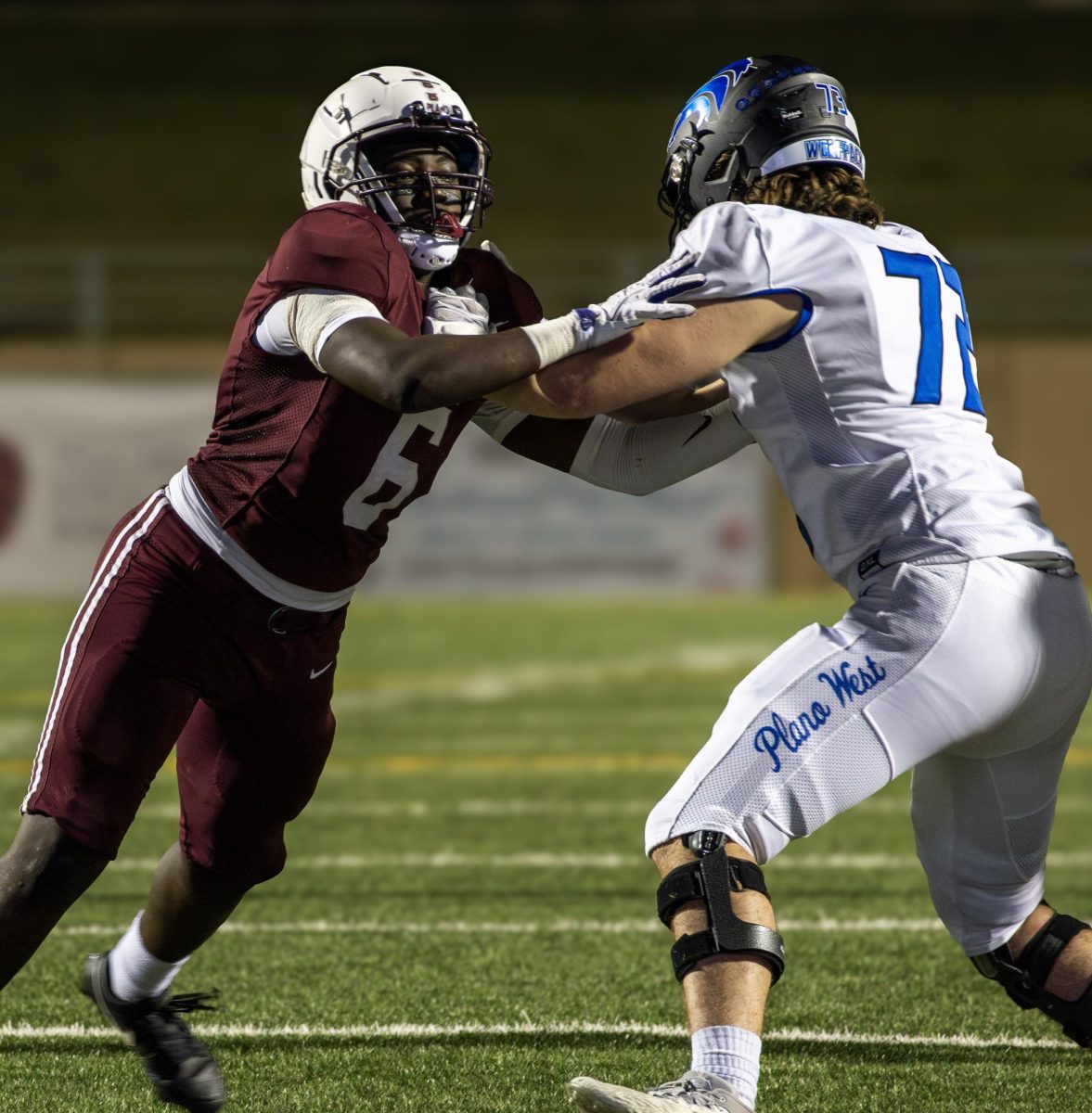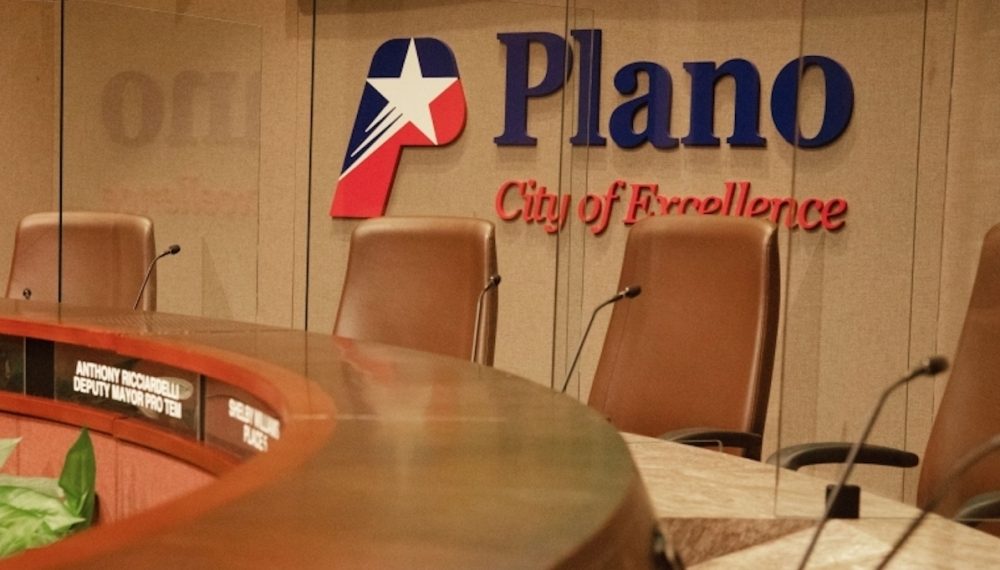Ableism in Coronavirus Response
Wide-spread mask wearing brings out ableist culture

Clear paneled mask shows lips to make it easier to lip read.
December 15, 2020
The deaf community face many communication barriers in everyday life, and although wearing masks is important, the widespread use of masks have made communication for the deaf harder than ever before.
The deaf rely on lipreading and facial expressions to understand and infer what people are saying to them. However, masks cover people’s faces, making it almost impossible to understand what someone is communicating to them. With this huge barrier, people who are deaf do not know when they’re being spoken to, and they are unaware of the emotions and feelings of those around them.
“I get that people want to wear them, but then I feel my stress level rises whenever they talk to me. All I hear is a voice, but I can’t figure out a thing they are saying. I just tell them ‘I can’t hear what you’re saying. I’m deaf and I can’t lip read through a mask.’ It’s very stressful,” said Cathy O’Connor, who is hard of hearing, in an interview with Healthing.ca.
The inability to communicate easily can affect the mental health of those who are deaf. Often, deaf individuals feel isolated because communication is so difficult, and they often feel very anxious. Additionally, when a deaf person goes to therapy, they usually have to use an interpreter, making them feel like they can’t express themselves, or that their message will be lost in translation.
“It’s really anxiety provoking,” said Patty Tan, a student doctor of audiology at the University of the Pacific in San Francisco, in an interview with Healthline. “Across the board, anyone with hearing loss will tell you they absolutely hate that.”
To fix this problem, many companies have made clear-panelled masks, which show the lips of the person speaking, although they still cover most of the face so it’s still hard to read facial expressions. Another solution is to wear a clear face shield, so that people can see the whole face, and so it’s possible to pull down a mask to be able to speak to someone.
A more challenging solution is to learn a few phrases in sign language, especially when working in businesses and retail stores. The best advice for speaking with the deaf is to face them directly, speak loudly and minimize background noise. Remember to be patient and flexible.
“For these specialized masks to help, it’s not those of us who are deaf or hard of hearing who have to wear them. Instead, it’s the hearing people who want to make themselves understood. We need you to do your part,” novelist Sara Novic said in an interview with the Washington Post.
Masks are very important in stopping the spread of coronavirus, but they also hinder the communication of the deaf, isolating them and affecting their mental health. It’s important to have clear masks or face shields so that everyone is included and able to communicate.
To order a clear paneled mask or to volunteer to make a mask, contact Deaf and Hard of Hearing Services or 616-732-7358. A five dollar donation is suggested to reimburse volunteers who make them. A mask making template can be found at deafhhs.org.





